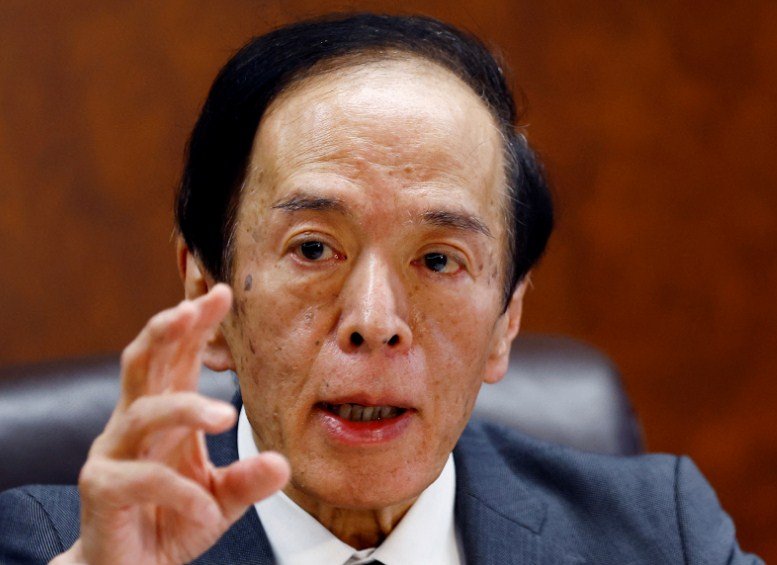BOJ warns of potential losses from rate swings
The Bank of Japan (BOJ) has warned that the country’s banks could face significant losses if interest rates rise sharply, as the economy emerges from decades of deflation. The central bank said in its semi-annual financial system report that the prolonged low interest rate environment has eroded the profitability and resilience of banks, making them more vulnerable to interest rate risks.
The BOJ said that if interest rates rise by one percentage point across the board, the banking sector would suffer a valuation loss of about 16 trillion yen ($145 billion), equivalent to 30% of its core capital. The loss would be even larger if interest rates rise by three percentage points, reaching 46 trillion yen ($417 billion), or 85% of core capital.
The central bank also warned that some regional banks could face solvency problems if interest rates rise rapidly, as they have accumulated large holdings of low-yielding government bonds and loans. The BOJ said that these banks need to enhance their risk management and diversify their revenue sources.
Abenomics and the end of deflation
The BOJ’s warning comes as Japan’s economy shows signs of recovery from the coronavirus pandemic, thanks to the government’s massive fiscal stimulus and the central bank’s ultra-easy monetary policy. The BOJ has been pursuing a policy of “quantitative and qualitative easing with yield curve control” since 2016, under which it buys massive amounts of government bonds and other assets to keep long-term interest rates around zero and short-term rates at -0.1%.
The BOJ’s policy is part of the “Abenomics” strategy launched by Prime Minister Shinzo Abe in 2013, which aims to end Japan’s chronic deflation and revive economic growth. Abenomics consists of three “arrows”: aggressive monetary easing, flexible fiscal spending, and structural reforms.
Abenomics has achieved some success in boosting inflation, which rose from -0.4% in 2012 to 0.5% in 2020, according to the consumer price index (CPI) excluding fresh food. However, the BOJ has failed to reach its 2% inflation target, which it considers to be consistent with price stability and sustainable growth. The BOJ has blamed various factors for the low inflation, such as the decline in oil prices, the appreciation of the yen, the consumption tax hike, and the pandemic.
Challenges and opportunities for Japan’s banks
The BOJ’s report suggests that Japan’s banks face a dilemma: they need higher interest rates to improve their profitability, but they also need to prepare for the potential losses from rate swings. The BOJ said that banks should not rely on interest rate hikes to boost their earnings, but rather seek to increase their fee income and reduce their costs. The BOJ also said that banks should use stress tests to assess their exposure to interest rate risks and take appropriate measures to mitigate them.
On the other hand, the BOJ’s report also indicates that Japan’s banks have some opportunities to expand their business amid the economic recovery. The BOJ said that the demand for funds from firms and households is likely to increase as the vaccination program progresses and the state of emergency is lifted. The BOJ also said that banks can play a positive role in supporting the green and digital transformation of the economy, as well as the regional revitalization and the aging society.
The BOJ said that it will continue to monitor the financial system closely and take necessary actions to ensure its stability and smooth functioning. The BOJ also said that it will maintain its accommodative monetary policy stance until the 2% inflation target is achieved, while taking into account the impact on financial intermediation.

